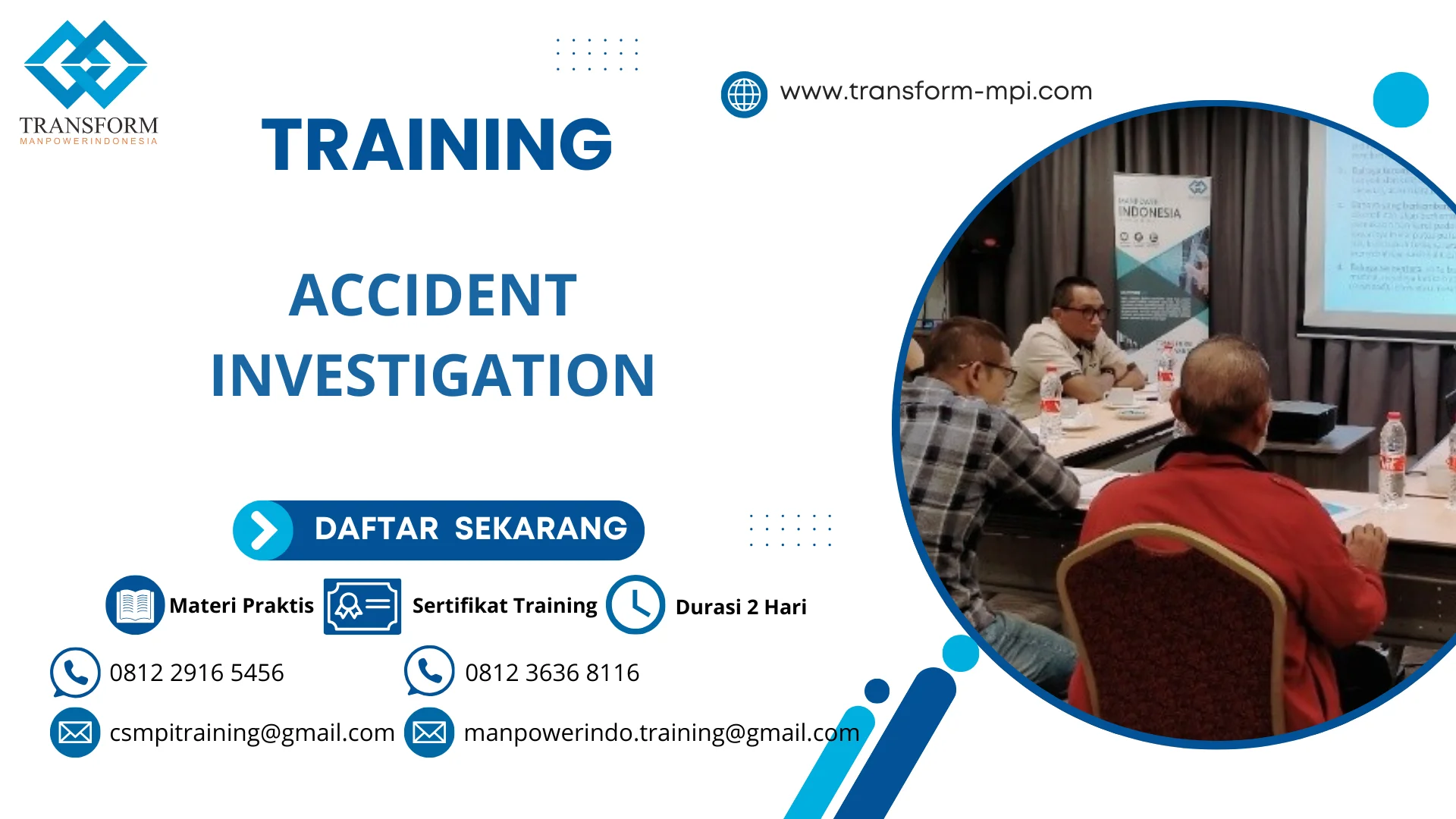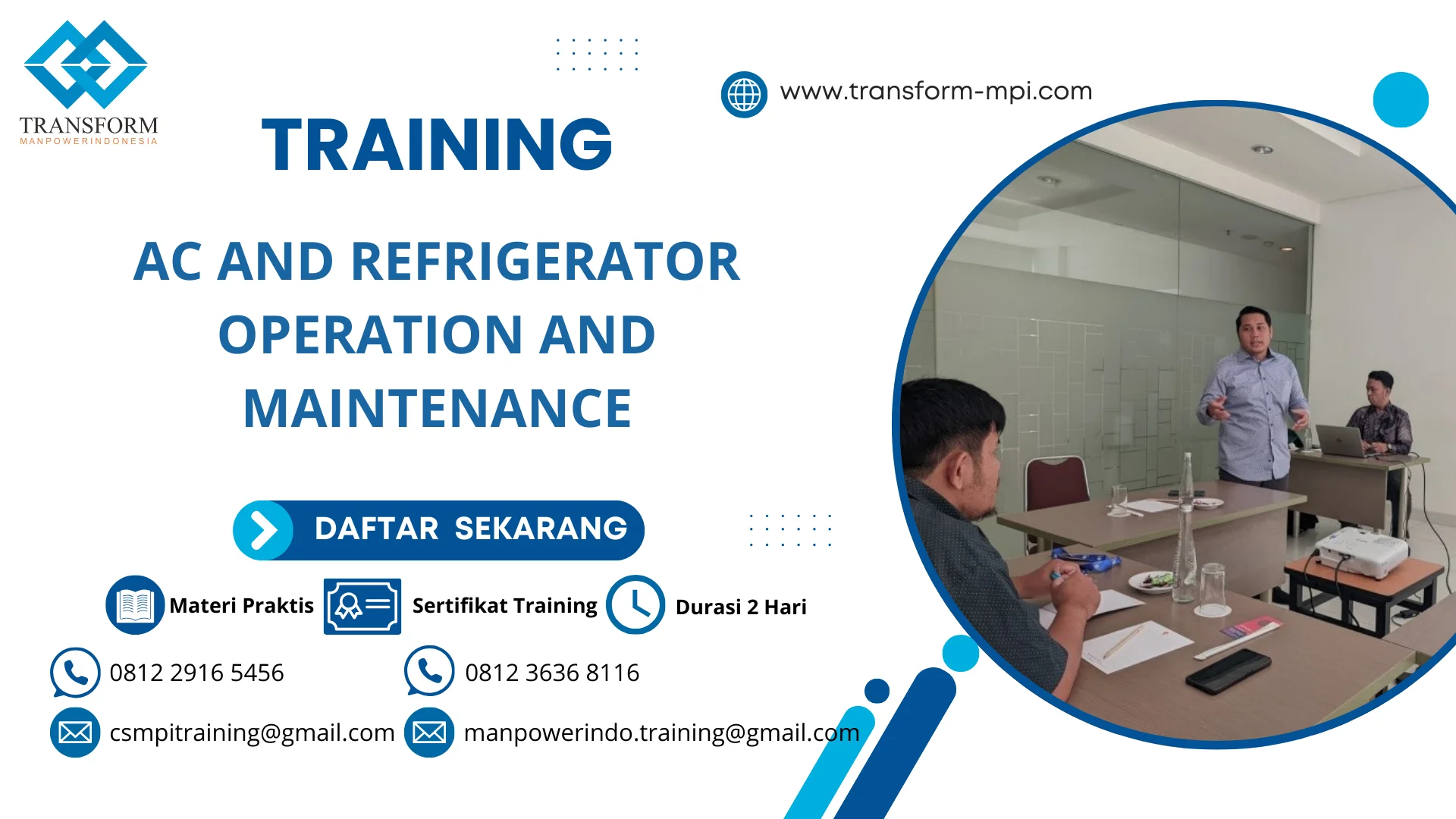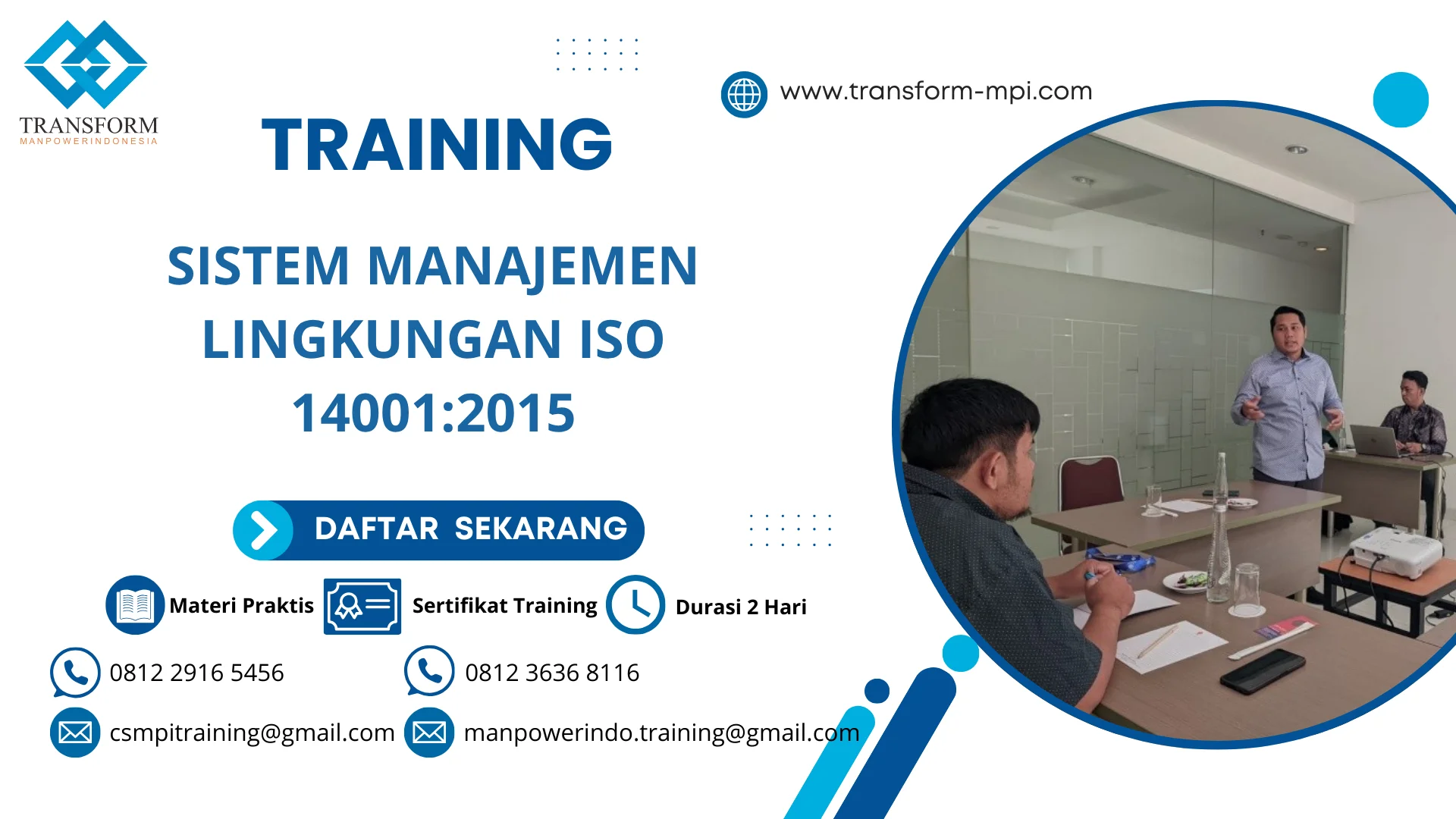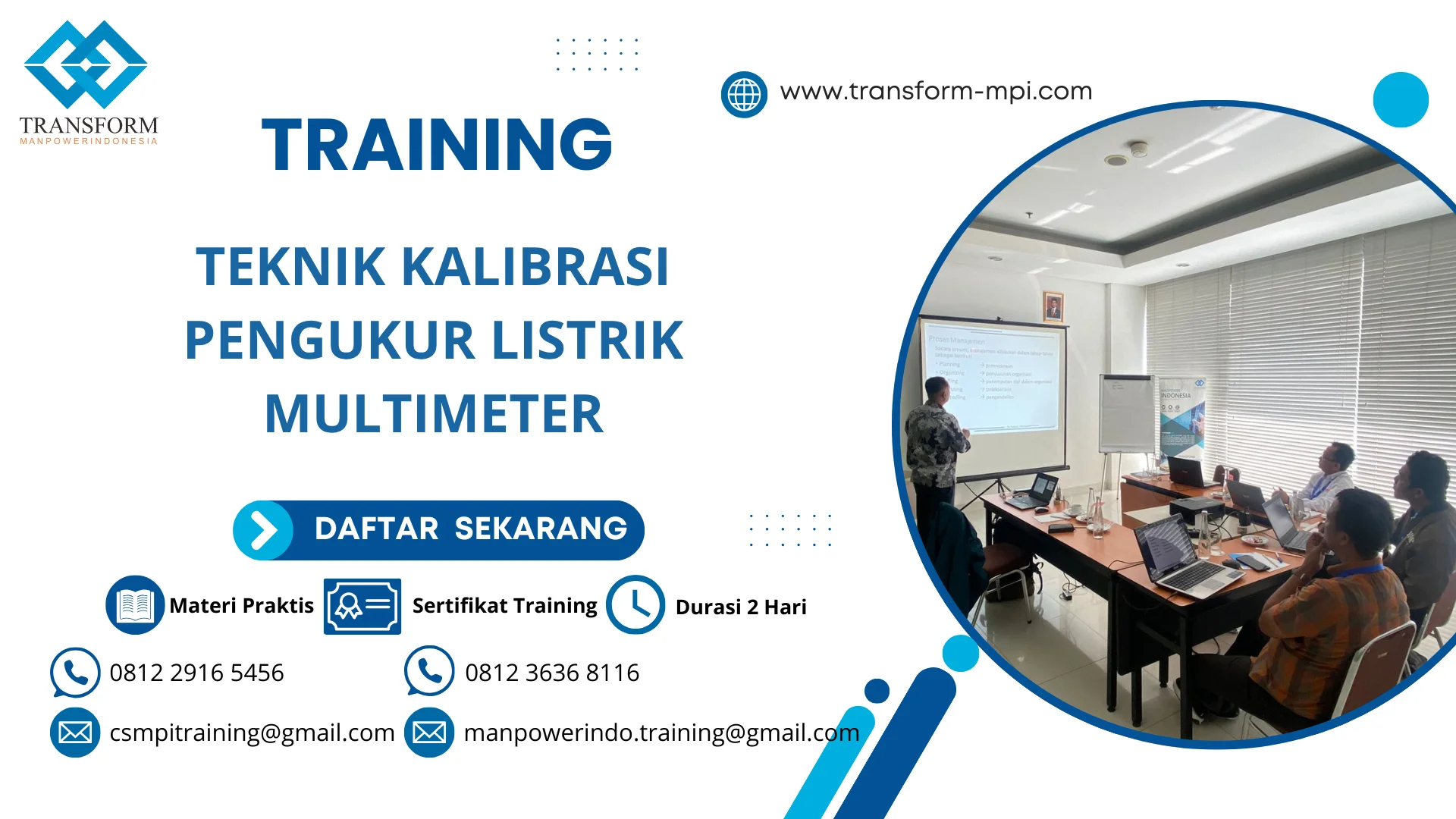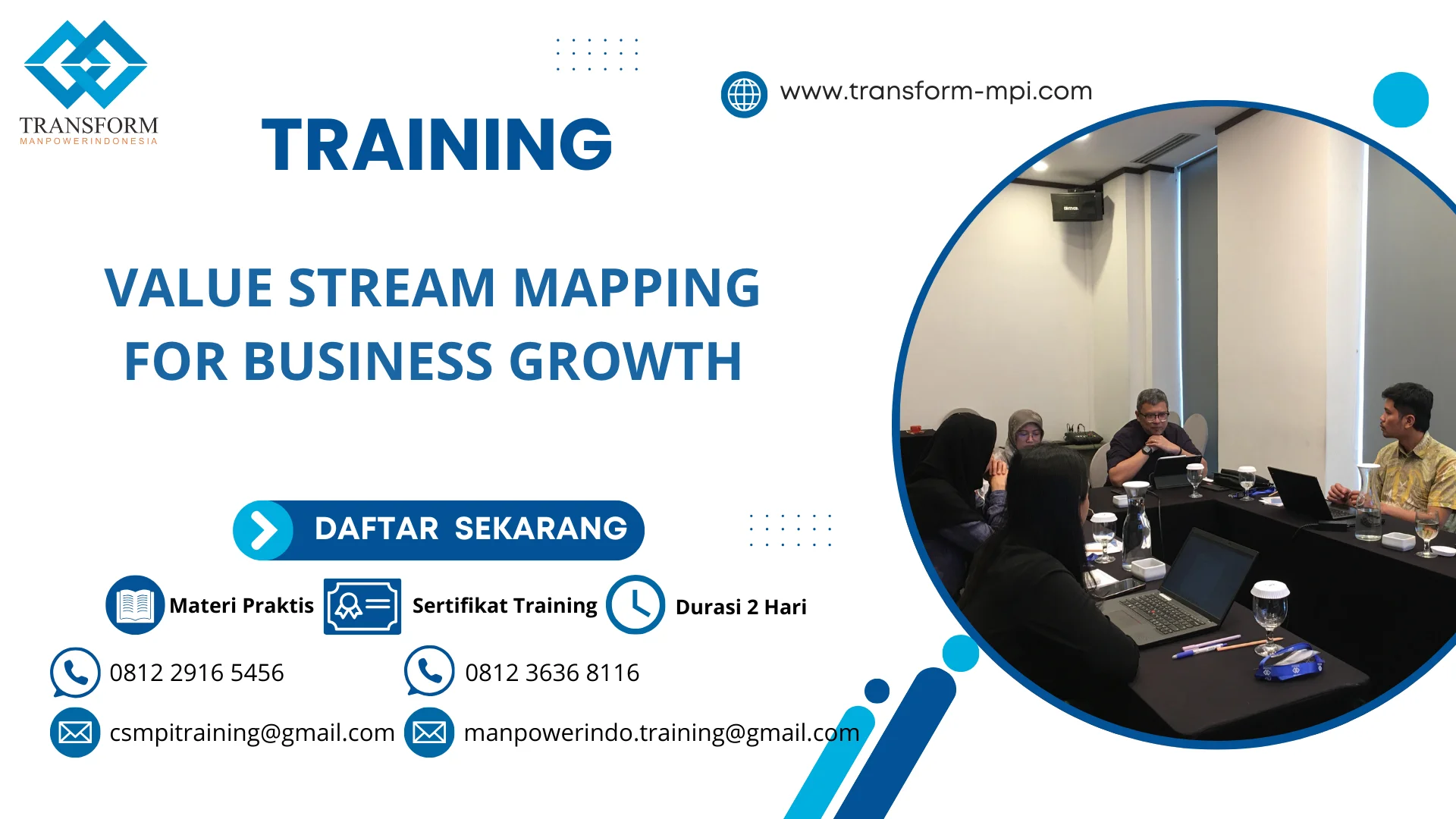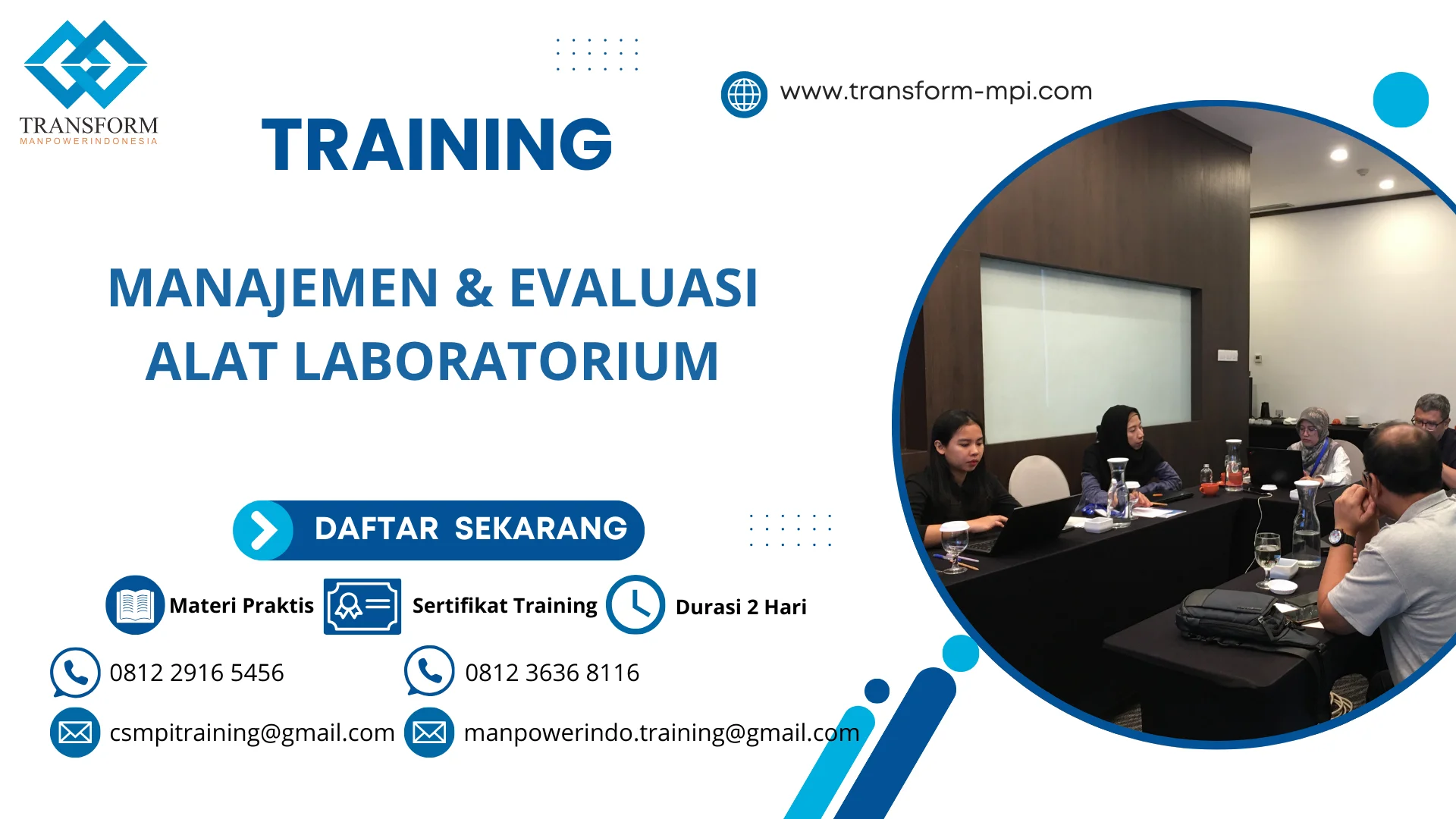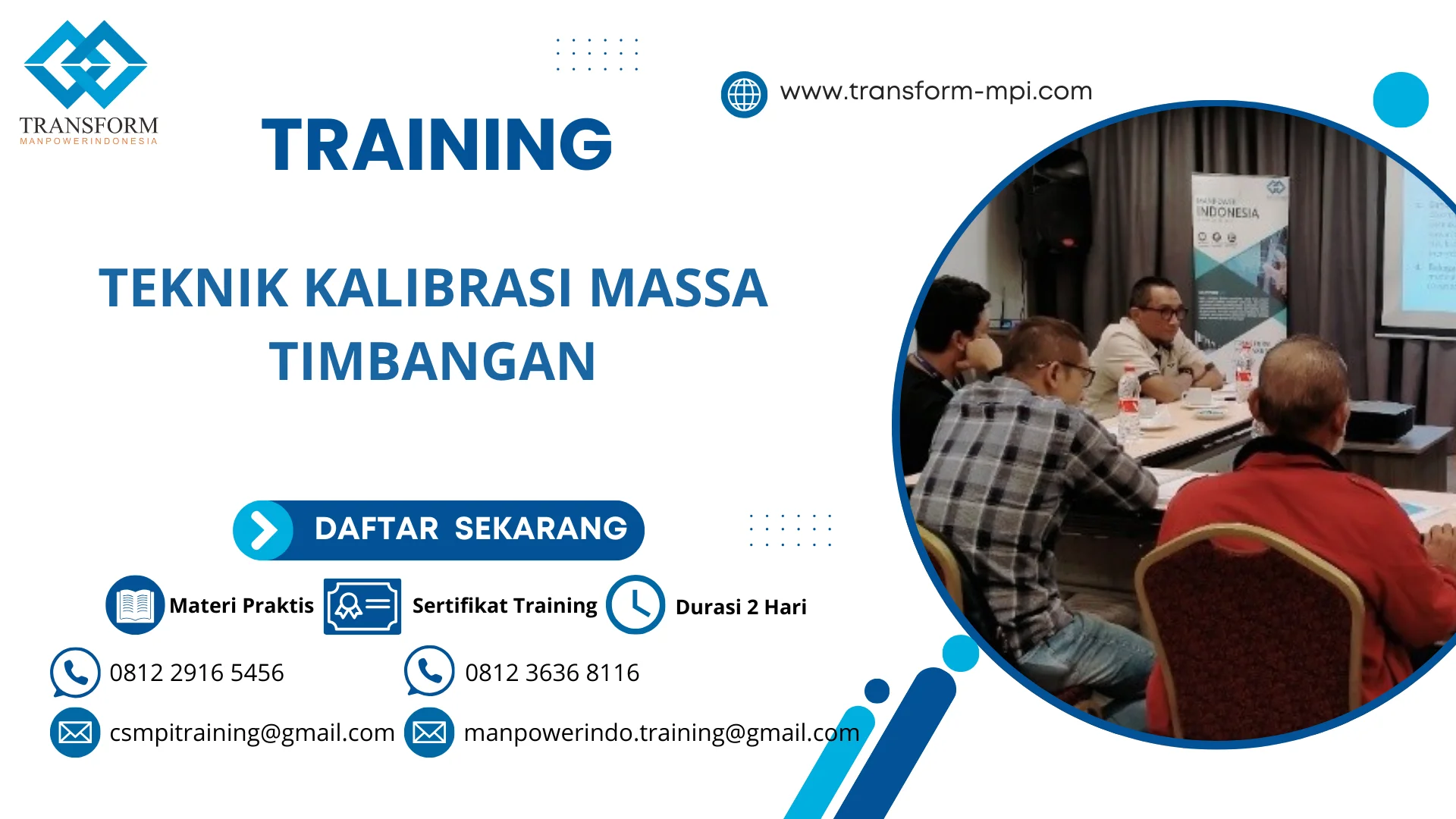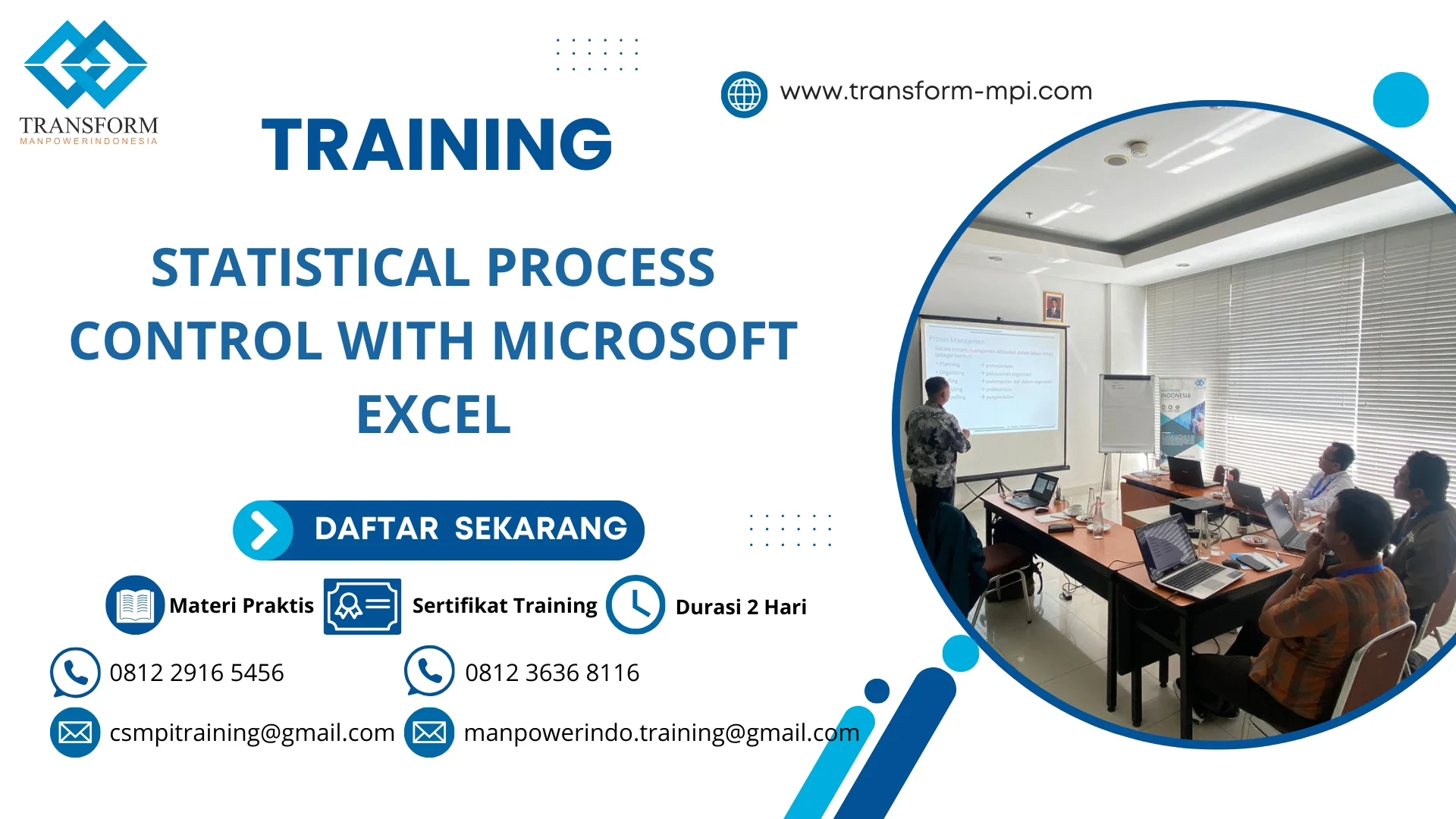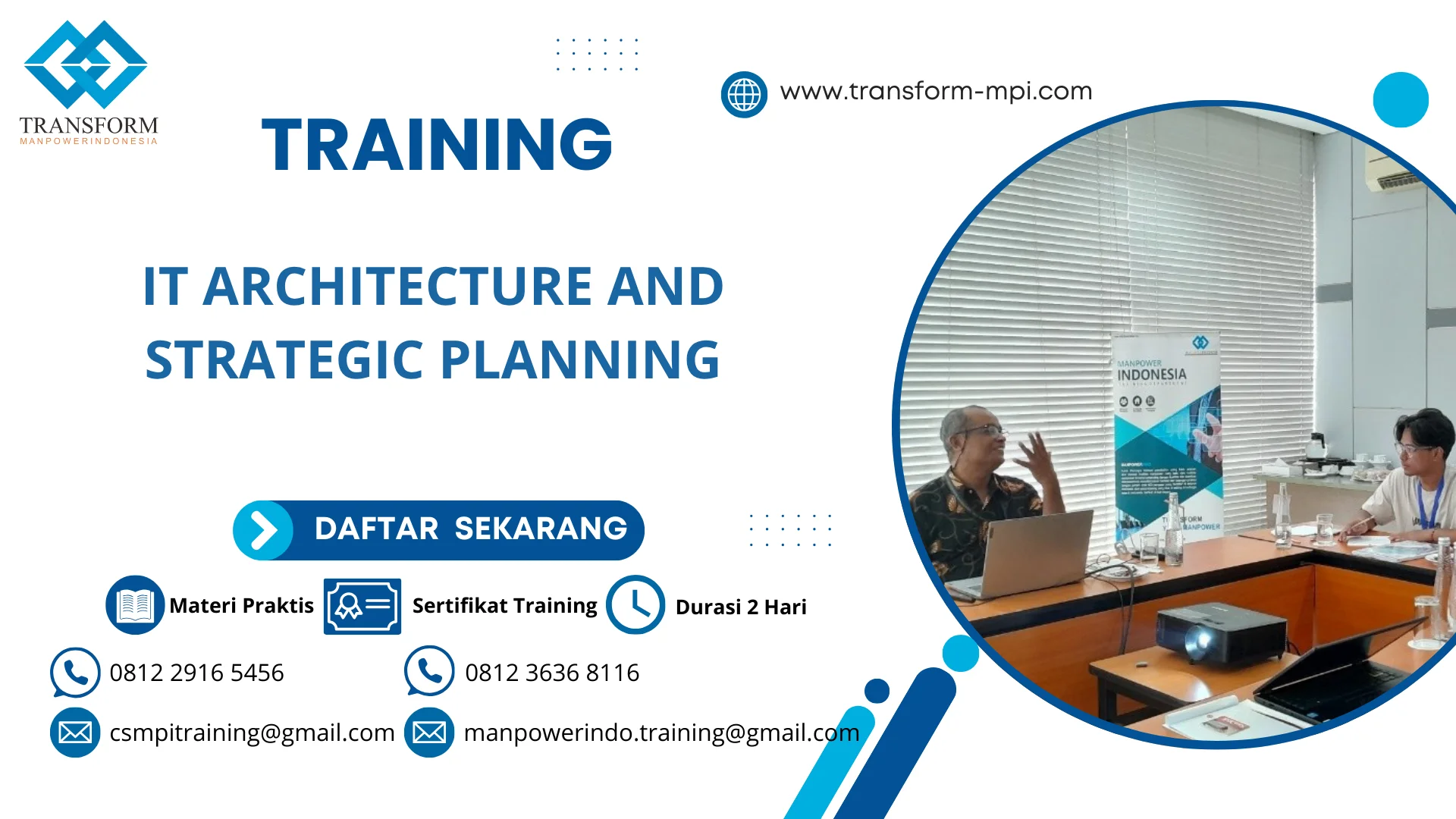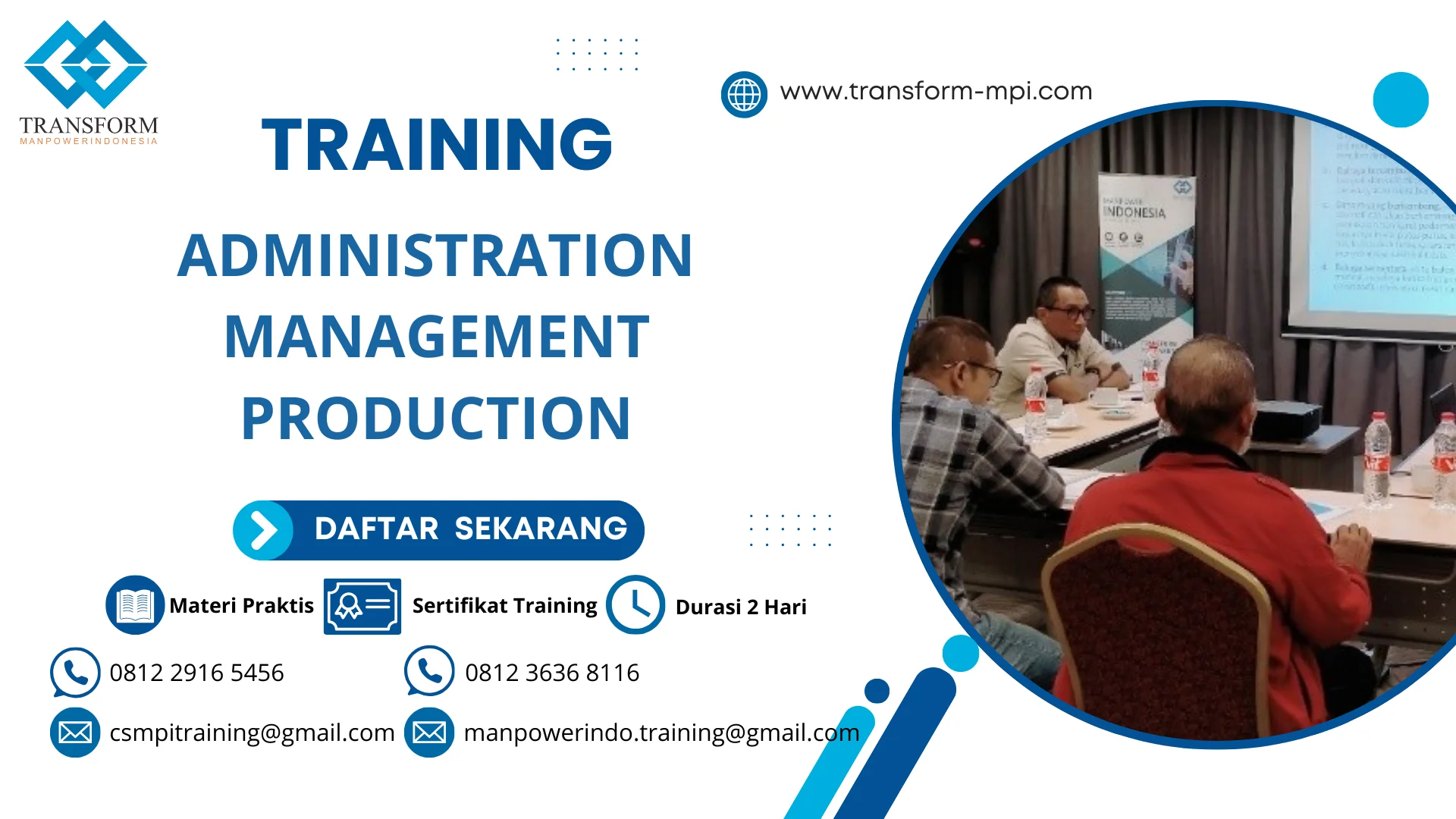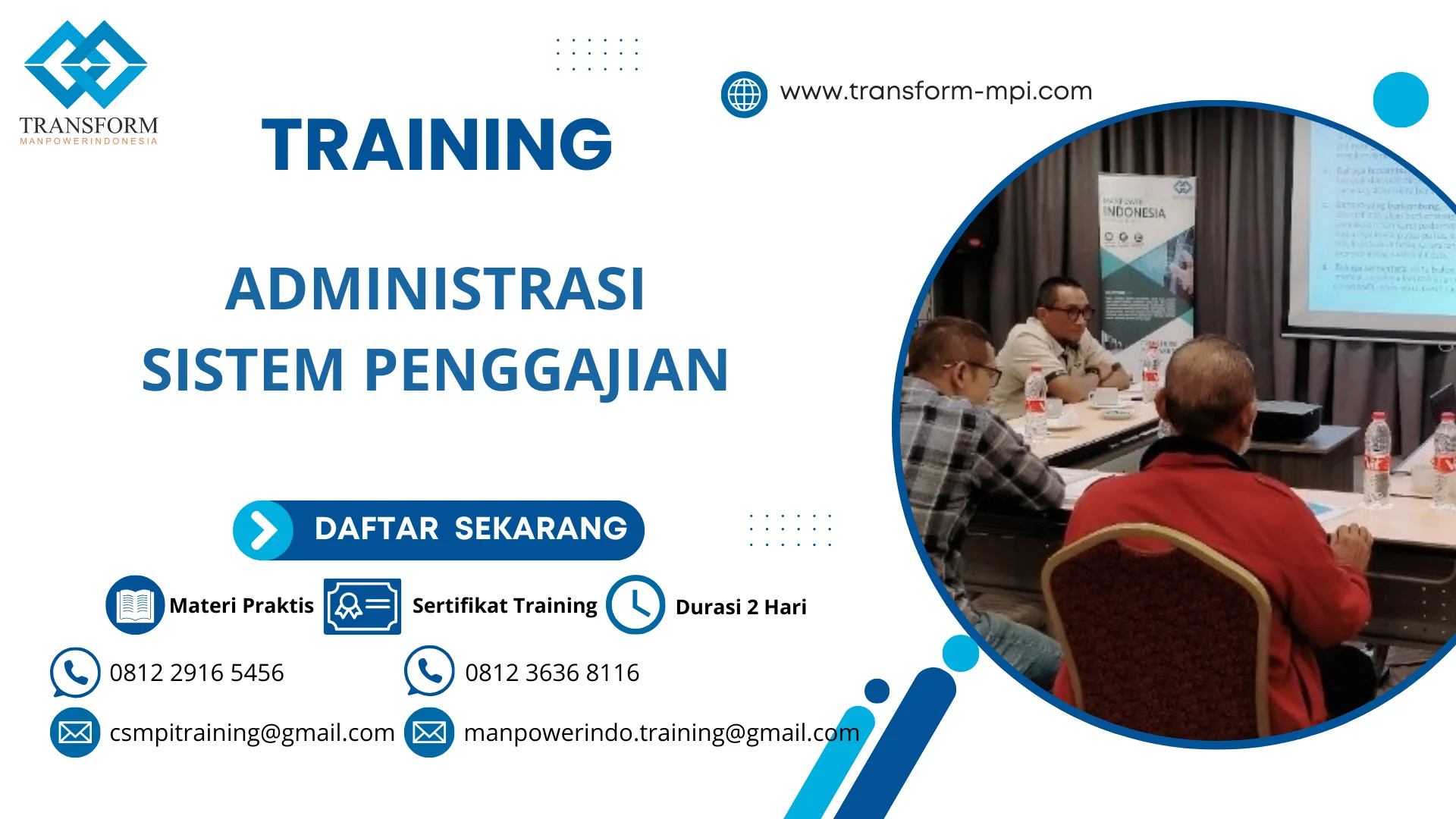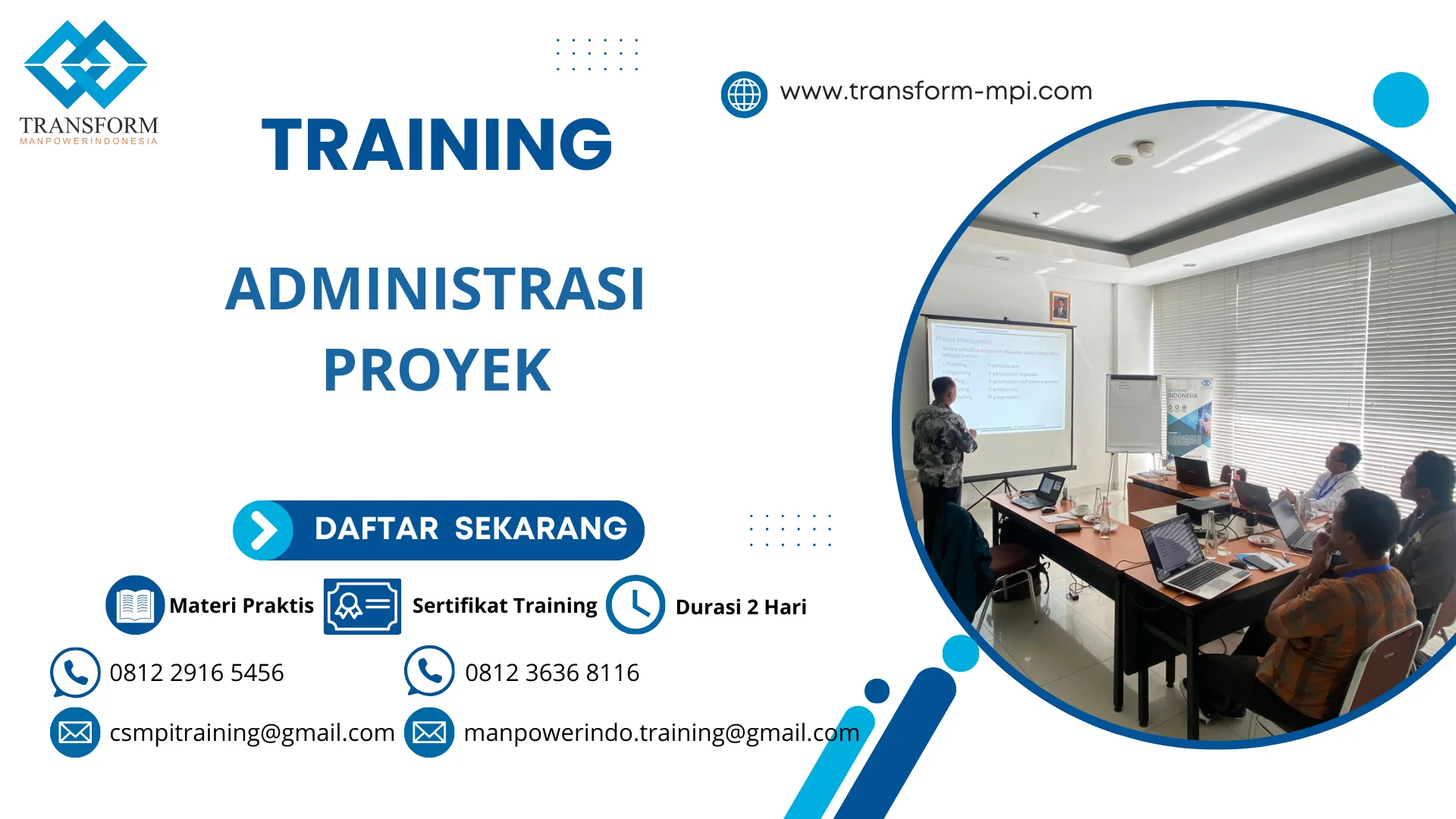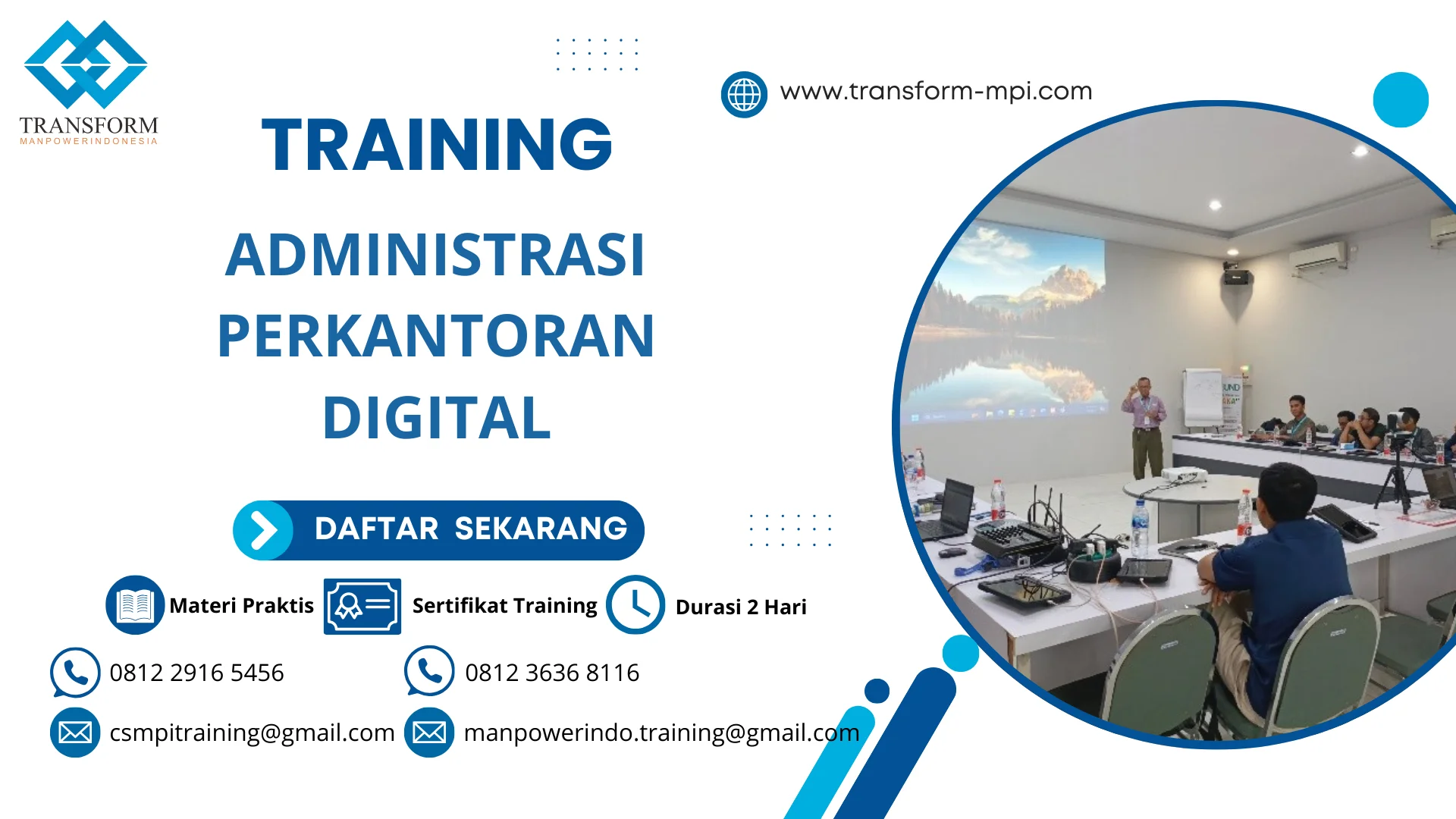Daftar isi :
PELATIHAN INSTRUMENTATION AND PROCESS CONTROL SYSTEM
TRAINING INSTRUMENTATION AND PROCESS CONTROL SYSTEM
DESKRIPSI PELATIHAN INSTRUMENTATION AND PROCESS CONTROL SYSTEM
Nowadays, the term of Advance Process Control is well known amongst the leading companies in the world. What does advance process control may mean different thing, generally it is synonymous with the implementation of computer based technologies. It could be the implementation of feed forward or cascade control schemes, of time-delaycompensators, of self-tuning or adaptive algorithms or of optimization strategies.
Advance Process Control is more than just the use of multi-processor computers or state-of-the-art software environments. Neither does it refer to the singular use of sophisticated control algorithms. It describes a practice which draws upon elements from many disciplines ranging from Civil engineering, Signal Processing, Statistics, Decision Theory, Artificial Intelligence to hardware and software engineering. Central to this philosophy is the requirement for an engineering appreciation of the problem, an understanding of process plant behavior coupled with the judicious use of, not necessarily state-of-the-art, control technologies. It has been recently reported that Advanced Control can improve product yield, product quality and consistency, increase capacity and responsiveness, reduce energy consumption, product giveaway and environmental emission. By implementing advanced process control, benefit of operating costs will increase.
OBJECTIVES TRAINING INSTRUMENTATION AND PROCESS CONTROL SYSTEM
To understand the scope and utilization of instrumentation and advanced process control technology applicable to industry
PARTICIPANT PELATIHAN INSTRUMENTATION AND PROCESS CONTROL SYSTEM
Senior Technicians, Production Supervisors, Instrumentation Engineers & Technicians
COURSE CONTENTS TRAINING INSTRUMENTATION AND PROCESS CONTROL SYSTEM
- Introduction Basic Control Concepts
- Typical manual control
- Feedback and feedforward control
- Block diagrams
- Introduction to Sensors and Transmitters
- Selection and specification of devices
- Pressure transmitters
- Flow meters
- Level transmitter
- Temperature sensors
- Practical session
- Introduction to Control Valves
- Basic principles
- Rotary control valves
- Ball valves
- Control valve characteristics and specifications
- Basic Principles of Control Systems
- On/Off control
- Modulation control
- Principles of closed loops control
- PID of control moves
- Practical session
- Stability and Control Modes of Closed Loops
- Cause of instability in control loops
- Change of stability through PID control modes
- Methods to improve stability
- Principles of closed loop control tuning
- Practical session
- Ideal PID vs Real PID
- Non-field-interactive or ideal PID
- Field-interactive or real PID
- Distinguish between process noise and instability
- Selection of ideal or real PID
- practical session
- Tuning of Closed Loop Control
- Tuning constants calculation according to Ziegler and Nichols
- Open loop tuning procedure
- Closed loop tuning procedure
- Damped oscillation tuning method
- Fine tuning of practical control loops
- Tuning considerations for controllers with saturation and non-saturation output limits
- Practical session
- Cascade Control
- Equation types for cascade control
- Initialisation and PV-tracking
- Use of multiple outputs in cascade control
- Tuning procedure for cascade control
- Practical session
- Combined Feedback and Feedforward Control
- Concept of combined control with incremental algorithms
- Tuning procedure for combined control
- Long Dead-Time in Closed Loop Control
- The problem of long dead-time in closed loops
- Use of process simulation for process variable prediction
- Tuning procedure for control loops with long dead-time
- Practical session
- Alarm Handling and Process Security Range of Control and Instrumentation in Industrial
- Expert System and Model Based Self Tuning Controllers
- Basic auto tuning
- Expert system control
- Model based adaptive control
- Tuning of Closed Loop Control
- Tuning constants calculation according to Ziegler and Nichols
- Open loop tuning procedure
- Closed loop tuning procedure
- Damped oscillation tuning method
- Fine tuning of practical control loops
- Tuning considerations for controllers with saturation and non-saturation output limits
- Practical session Feedforward Control
- Feedforward balance – a control concept
- Tuning procedure for feedforward control
- Practical session
- Application Advanced Process Control in Industries
- Laboratory Work
INSTRUKTUR PELATIHAN
Instruktur yang mengajar pelatihan Instrumentation And Process Control System ini adalah instruktur yang berkompeten di bidang Instrumentation And Process Control System baik dari kalangan akademisi maupun praktisi.
Jadwal Pelatihan Transform-mpi.com 2026 :
- Batch 1 : 7 – 8 Januari 2026 || 14 – 15 Januari 2026 || 21 – 22 Januari 2026
- Batch 2 : 4 – 5 Februari 2026 || 11 – 12 Februari 2026 || 18 – 19 Februari 2026
- Batch 3 : 2 – 3 Maret 2026 4 – 5 Maret 2026
- Batch 4 : 1 – 2 April 2026 8 – 9 April 2026 15 – 16 April 2026 22 – 23 April 2026
- Batch 5 : 5 – 6 Mei 2026 12 – 13 Mei 2026 19 – 20 Mei 2026 25 – 26 Mei 2026
- Batch 6 : 2 – 3 Juni 2026 9 – 10 Juni 2026 18 – 19 Juni 2026 23 – 24 Juni 2026
- Batch 7 : 7 – 8 Juli 2026 14 – 15 Juli 2026 21 – 22 Juli 2026 28 – 29 Juli 2026
- Batch 8 : 4 – 5 Agustus 2026 11 – 12 Agustus 2026 18 – 19 Agustus 2026 26 – 27 Agustus 2026
- Batch 9 : 1 – 2 September 2026 8 – 9 September 2026 15 – 16 September 2026 22 – 23 September 2026
- Batch 10 : 6 – 7 Oktober 2026 13 – 14 Oktober 2026 20 – 21 Oktober 2026 27 – 28 Oktober 2026
- Batch 11 : 3 – 4 November 2026 10 – 11 November 2026 17 – 18 November 2026 24 – 25 November 2026
- Batch 12 : 1 – 2 Desember 2026 8 – 9 Desember 2026 15 – 16 Desember 2026 22 – 23 Desember 2026
Catatan : Jadwal dapat menyesuaikan dengan kebutuhan anda.
Biaya dan Lokasi Pelatihan :
- Jakarta :
- Bandung
- Yogyakarta
- Surabaya
- Malang
- Bali
- Lombok
Catatan : Biaya diatas belum termasuk akomodasi/penginapan. Apabila ada pertayaan mengenai materi, biaya, lokasi, jadwal dan penawaran lainnya, hubungi kami di nomor CS kami.
Fasilitas Pelatihan di transform-mpi.com:
- Penjemputan dari Hotel/Bandara/Stasiun/Terminal.
- Training Kit (Dokumentasi photo, Blocknote, ATK, Flashdisk, dll).
- Transportasi Peserta ke tempat pelatihan.
- 2x Coffe Break & 1 Lunch (Makan Siang).
- Training Room Full AC and Multimedia.
- Free Bag or Bagpackers (Tas Training).
- Softfile Foto Training
- Sertifikat Pelatihan.
- Souvenir Exclusive.



